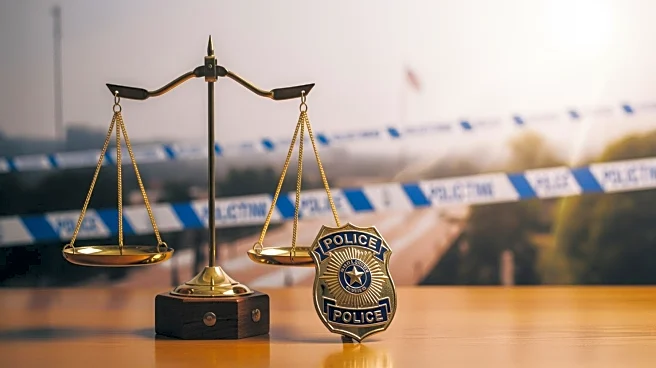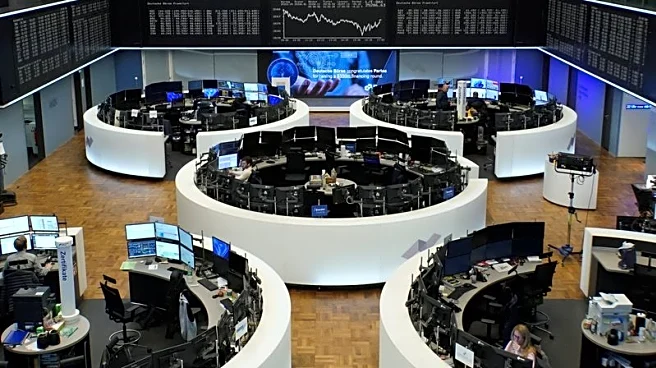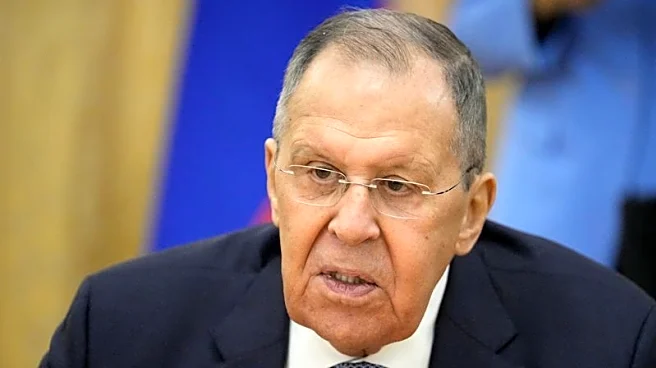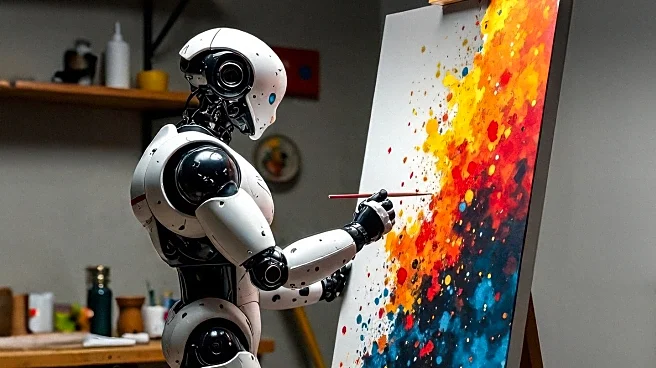What's Happening?
The police are defined as state executive agents with limited authority to enforce state power in public situations requiring intervention. This authority includes powers to displace civilian action, detain
individuals, and trespass on property, all aimed at restoring public order. The police are distinguished from civilians and vigilantes by their public authority, which obligates them to act in the interest of the entire polity without favoring specific groups. The concept of private police is also explored, highlighting the differences in authority and responsibilities compared to public police forces.
Why It's Important?
Understanding the normative authority of police is essential for evaluating their role in society and governance. The distinction between public and private police forces raises questions about accountability, legitimacy, and the scope of police powers. The ability of police to preempt civilian rights underscores the need for clear legal frameworks and ethical standards to guide their actions. This analysis is crucial for informing public policy and ensuring that police forces operate within the bounds of justice and equality, serving the interests of all community members.
What's Next?
Future discussions may focus on refining the legal and ethical boundaries of police authority, particularly in relation to private policing. Policymakers and legal experts might explore ways to balance the need for public order with the protection of individual rights. The debate over the role of police in society could lead to reforms aimed at enhancing transparency, accountability, and community engagement. As the nature of policing evolves, stakeholders will need to address the challenges posed by private security forces and their impact on public safety.
Beyond the Headlines
The exploration of police authority highlights broader implications for governance and civil rights. The ethical dimensions of policing, including the potential for abuse of power, require ongoing scrutiny and reform. The relationship between police and the communities they serve is central to discussions about justice and equality, emphasizing the need for trust and collaboration. Long-term shifts in policing may involve redefining the balance between state authority and individual freedoms, fostering a more equitable and just society.










